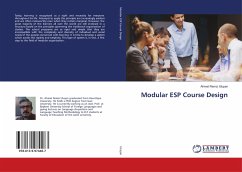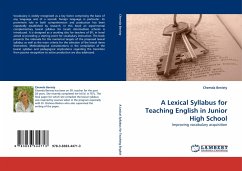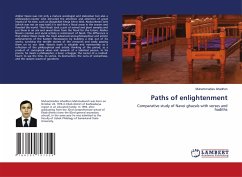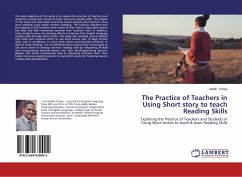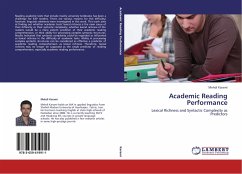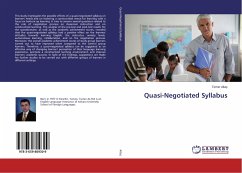
Quasi-Negotiated Syllabus
Versandkostenfrei!
Versandfertig in 6-10 Tagen
47,99 €
inkl. MwSt.

PAYBACK Punkte
24 °P sammeln!
This study investigates the possible effects of a quasi-negotiated syllabus on learners' needs and on fostering a constructivist venue for learning with a focus on bottom up learning. It tries to answer several questions related to the role of negotiation process on classroom instruction and on constructivist learning. The analysis of the pre-test and post-test results for the questionnaire, as well as the academic achievement scores, revealed that the quasi-negotiated syllabus had a positive effect on the learners' attitudes towards learning English, the instructor, anxiety levels, autonomous...
This study investigates the possible effects of a quasi-negotiated syllabus on learners' needs and on fostering a constructivist venue for learning with a focus on bottom up learning. It tries to answer several questions related to the role of negotiation process on classroom instruction and on constructivist learning. The analysis of the pre-test and post-test results for the questionnaire, as well as the academic achievement scores, revealed that the quasi-negotiated syllabus had a positive effect on the learners' attitudes towards learning English, the instructor, anxiety levels, autonomous learning, collaboration, and on the negotiation process. Moreover, the overall academic achievement scores of study group learners turned out to have improved when compared to the control group learners. Therefore, a quasi-negotiated syllabus can be suggested as an effective way of changing learners' perception of their language learning experience, promote a constructivist learning environment, and improve learners' academic success. In light of the findings, suggestions are made for further studies to be carried out with different groups of learners in different settings.




